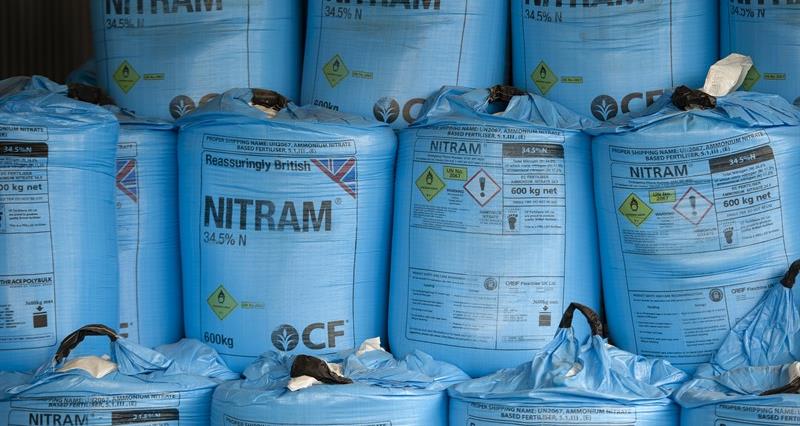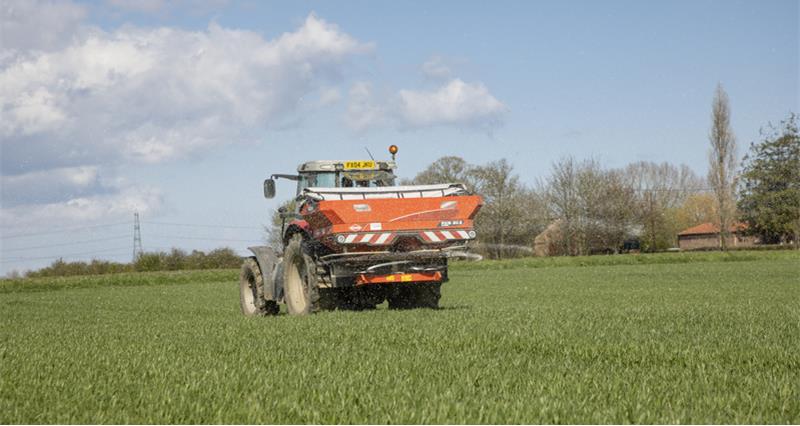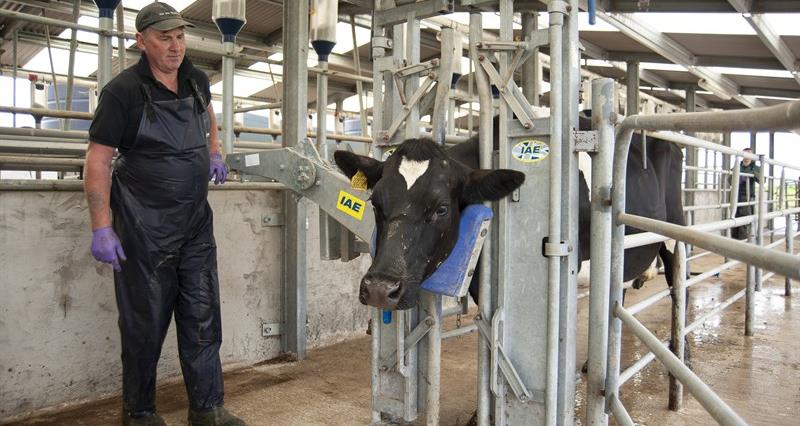Big bags of over wintered seed can become exceptionally brittle and fail when being moved.
Read our top tips on how to lift big bags of seed or fertiliser safely.
1. Lifting tines/hook
Always inspect the lifting tines or hook on any machinery you intend to use to lift a fertiliser or seed bag for damage. Look out for burs or sharp edges to the top and bottom of the tines as these can lead to the bag handles being damaged when lifting and moving the bags.
2. Inspect bag handles
Inspect the handle of each bag before lifting to ensure that there is no damage to the bag handle. If there is obvious damage do not attempt to lift the bag without ensuring that you have taken adequate steps to secure the area of the bag handle.
3. Lifting hoops
The lifting loops should be positioned according to the manufacturer’s instructions.
4. Lifting position
Always lift the bag and keep the tines parallel to the ground or as near as possible. Do not tilt the tines and allow the bag to slide down them, as if there are any sharp edges or burs, they will cut or rip the handles, potentially causing the bag to fail.
Make sure there is nobody standing underneath a bag when lifting or discharging its contents.
5. Bag storage and travel
Avoid leaving bags outside or uncovered for any period of time, as damage is likely to occur.
Do not travel long distances over uneven and rough ground with a bag suspended from tines.
6. Secure handles
If bags have twin handles (especially seed bags), ensure that the twin handles are securely tied together before lifting, and if needed use an additional tie to secure the handles.
Do not slide lifting tines along the ground; this only serves to sharpen them, making them more likely to cut a bag handle in the future.
Remember:
- Do not attempt to empty any bag when stacked.
- Stand to one side and use a long-handled knife.
- Dispose of empty bags using an approved waste recycler.
- Only those with appropriate training should operate telehandlers and forklifts.
- You should ensure that all lifting equipment is well maintained, fit for purpose and LOLER (Lifting Operations and Lifting Equipment Regulations) compliant.



